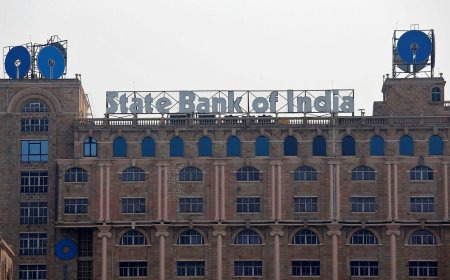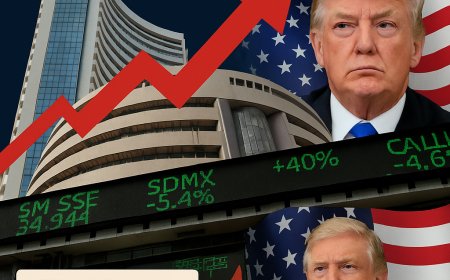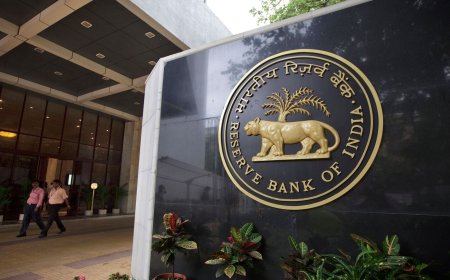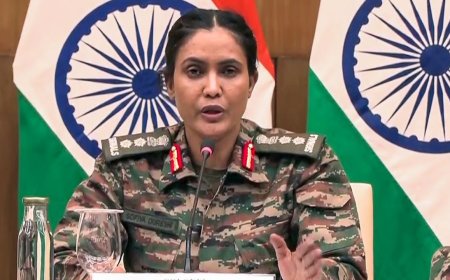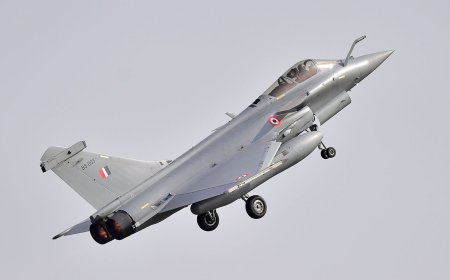Pakistan ready to work with India, Foreign Minister Ishaq Dar reportedly says months after Pahalgam attack
Pakistan’s Foreign Minister Ishaq Dar expresses readiness to engage with India months after the Pahalgam attack. Is this a real thaw in relations or diplomatic optics?
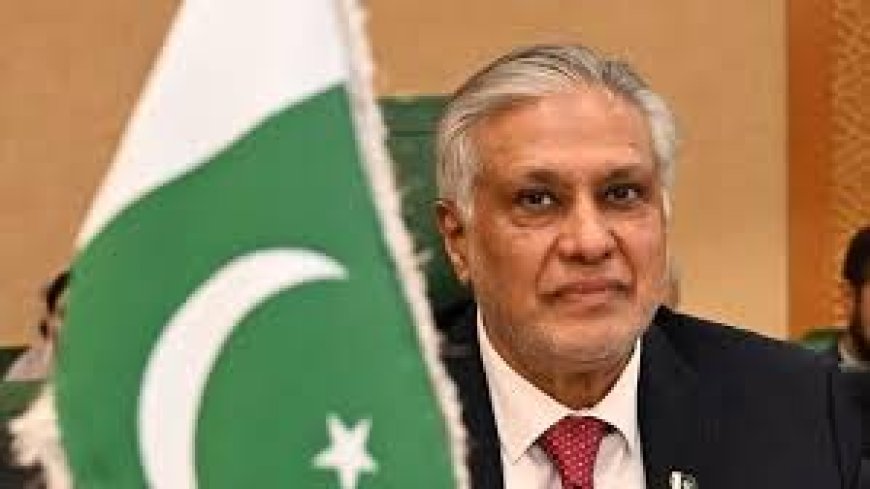
In a significant diplomatic overture, Pakistan's Foreign Minister Ishaq Dar has expressed Islamabad’s readiness to work with India towards improving bilateral ties, marking a rare moment of optimism in an otherwise tense relationship. His remarks come months after the deadly Pahalgam terror attack in Jammu and Kashmir, which claimed the lives of several Indian security personnel and civilians.
A New Chapter in South Asian Diplomacy?
Speaking during a press briefing in Islamabad on Friday, Dar stated, “Pakistan is ready to engage constructively with India on all outstanding issues, including Kashmir, through peaceful dialogue.” The foreign minister emphasized that his country does not believe in confrontation and seeks “regional peace, stability, and prosperity.”
This is the first time a senior Pakistani official has publicly offered an olive branch following the Pahalgam incident, which India had blamed on Pakistan-based terror groups. New Delhi responded at the time with a strong diplomatic protest, summoning Pakistan’s envoy and demanding immediate action against perpetrators operating from Pakistani soil.
Backdrop: The Pahalgam Attack and Diplomatic Freeze
On March 14, 2025, heavily armed militants ambushed a security convoy in Pahalgam, resulting in 12 fatalities and leaving over 20 injured. India swiftly condemned the attack and reiterated its zero-tolerance policy on cross-border terrorism. The incident further strained already-frosty diplomatic ties, with backchannel communications reportedly suspended in the immediate aftermath.
India has long maintained that any meaningful dialogue with Pakistan must be preceded by concrete action against terror infrastructure. While Pakistan has denied any state involvement in such attacks, India continues to push for accountability and verifiable dismantling of terror camps operating in Pakistan-administered regions.
Expert Views: Real Shift or Diplomatic Optics?
Analysts remain divided over the significance of Dar's comments.
Dr. Prerna Kaul, a South Asia expert at the Centre for Policy Research (CPR), noted, “This could be an opening, but we’ve seen similar statements before. The real test will be whether Islamabad backs these words with tangible actions on the ground—especially in terms of curbing terror financing and cross-border movement.”
Meanwhile, political risk analyst Ahmed Jamal from Karachi’s Institute of Regional Studies argued, “Dar’s tone signals a recognition that economic and political stability in Pakistan is closely tied to regional peace. This outreach could also be influenced by mounting international pressure, especially from the Gulf nations and Western allies, to de-escalate tensions with India.”
Geopolitical Context: Economic Pressures and Global Realignment
Pakistan's latest overture comes against the backdrop of a deeply strained economy and shifting global alliances. Facing high inflation, dwindling forex reserves, and continued IMF supervision, Islamabad appears increasingly aware that normalized relations with its eastern neighbor could unlock trade and economic opportunities.
India, meanwhile, has cemented its status as a key player in global forums such as G20 and BRICS, with many countries viewing South Asia’s peace as essential to long-term economic stability in the Indo-Pacific.
“Pakistan cannot afford prolonged hostility,” said Rohan Chopra, an international relations fellow at the Observer Research Foundation (ORF). “They’re eyeing regional connectivity projects like the International North-South Transport Corridor and cross-border energy trade—but these require at least minimal normalization with India.”
India’s Response: Cautious Watchfulness
The Indian Ministry of External Affairs has yet to formally respond to Dar’s remarks. However, senior Indian officials, speaking on background, indicated that any movement on talks would require concrete measures from Islamabad to address terrorism.
“Our position remains unchanged: dialogue and terrorism cannot go hand in hand,” one official remarked.
Notably, India is also heading into a crucial legislative session next month, where matters of national security are expected to dominate discourse. Any outreach to Pakistan—no matter how well-intentioned—will be scrutinized by both political opposition and the public.
Investor Outlook: Markets Eye Regional Stability
South Asian markets, while largely unaffected in the immediate term, could respond positively to any genuine breakthrough in India-Pakistan relations.
“Investors love predictability,” said Deepika Rao, head of emerging markets research at Mumbai-based Indus Global Capital. “Even the hint of thawing relations between India and Pakistan—two nuclear-armed neighbors—helps lower geopolitical risk premiums. This benefits regional equities, defense spending forecasts, and long-term infrastructure investment.”
Cross-border trade, which has been at a near-standstill since India revoked Article 370 in 2019, could see revival talks if both sides demonstrate political will. Sectors such as agriculture, pharmaceuticals, textiles, and small machinery stand to gain immensely from normalized trade relations.
What Comes Next?
While Ishaq Dar’s statement may not immediately change ground realities, it adds to a growing chorus within Pakistan’s establishment calling for a reset in ties with India. With both countries facing shared challenges—climate change, youth unemployment, and cyber security—there is a compelling case for cooperation over conflict.
However, without a clear roadmap, these sentiments risk fading into diplomatic rhetoric. The coming weeks will be critical in determining whether this signals a sincere policy shift or remains a symbolic gesture in an ongoing cold peace.
What's Your Reaction?
 Like
0
Like
0
 Dislike
0
Dislike
0
 Love
0
Love
0
 Funny
0
Funny
0
 Angry
0
Angry
0
 Sad
0
Sad
0
 Wow
0
Wow
0




























































